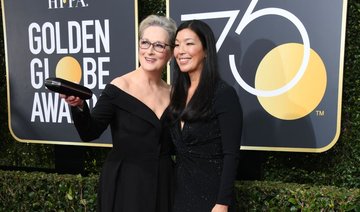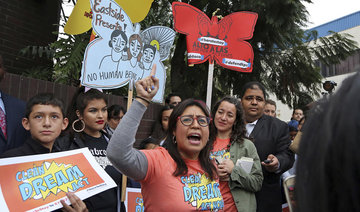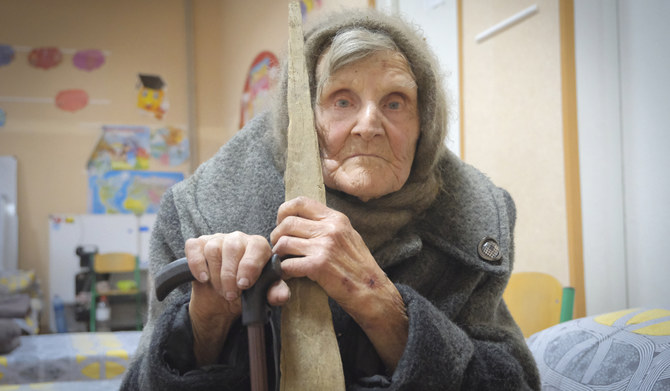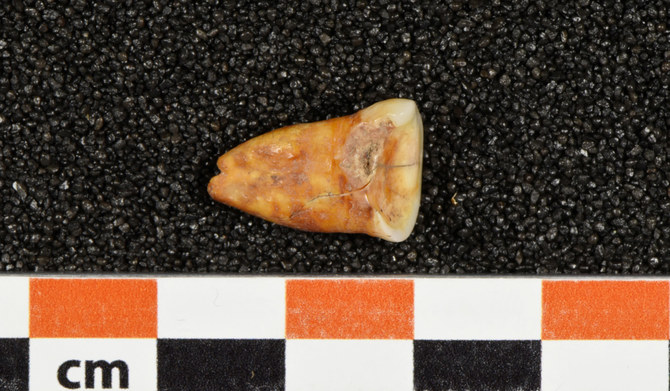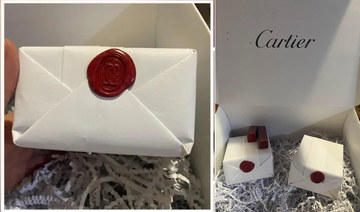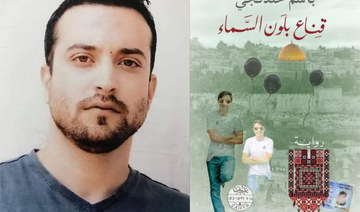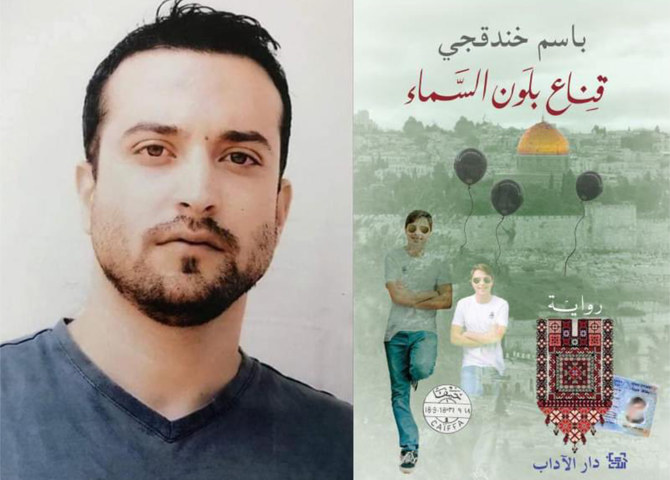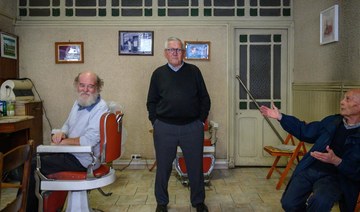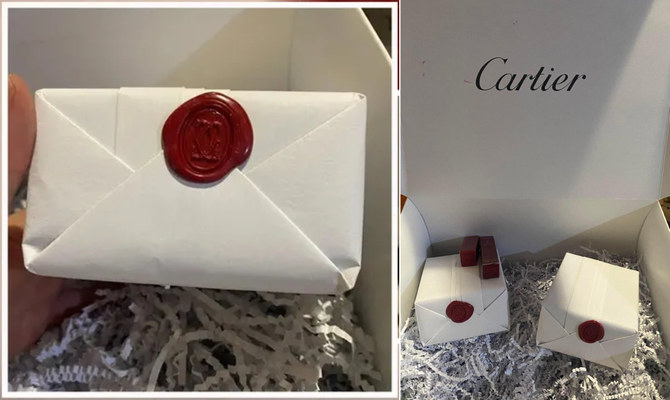DUBAI: Oprah Winfrey was mocked for her ties with shamed Hollywood producer Harvey Weinstein, who has been in the spotlight for sexual assault and harassment allegations, following rumors of 2020 presidential bid for the American presidency.
Social media users posted several photos of Winfrey alongside American Weinstein, who she has maintained a close professional relationship with over the past 20 years. She starred in and produced movies that his company distributed, including The Butler and The Great Debaters.
The presidential buzz followed Winfrey’s impassioned call for “a brighter morning even in our darkest nights” at the US awards’ show in a speech that left some viewers contemplating the idea of the Democratic Party embracing a celebrity candidate of its own to challenge President Donald Trump in 2020.
.@nbc Here's YOUR future president @Oprah. #ShesWithHim #ShesWithThem #GoldenGlobes No thanks. pic.twitter.com/Qo6QFjBBaI
— Saltwateratricia (@TrumpGirlStrong) January 8, 2018
Oprah 2020 pic.twitter.com/6drZDIUzpm
— Charlie Spiering (@charliespiering) January 8, 2018
Here are Oprah's Actions. They speak louder than words! #ShesWithHim pic.twitter.com/C79nf6iQh9
— xoxoxo (@sleepingonsnow) January 8, 2018
She not only knew about Harvey, she helped by pimping out terrified girls to him. #ShesWithHim pic.twitter.com/3VgzGrI4pR
— smacky (@MAGA_Patriot21) January 9, 2018
@Oprah definitely knew... #SheKnew #ShesWithHim #ShesWithThem pic.twitter.com/s95bC9TsOU
— Mike Hancho (@RealMikeHawncho) January 9, 2018
The Dems future party nominee literally sucing on the earlobe of a serial rapists..... #OprahKnew #HimToo #ShesWithHim pic.twitter.com/TkMus3i3Iw
— Mark F Barnes (@mfbarnes52) January 9, 2018
‘Me too movement’
Winfrey’s speech, as she accepted the Cecil B. DeMille lifetime achievement award, touched on the legions of women who have called out sexual harassers — and her dream of a day “when nobody has to say ‘me too’ again.”
However, the TV talk show host maybe accused of using the “Me Too” movement for her own political gains and might face questions over her friendship with Hollywood’s now infamous sexual predator.
Media outlet, Page Six, reported that aspiring actress Kadian Noble said Weinstein used Winfrey to dupe her into thinking he would help her with her career before sexually assaulting her.
However, Winfrey described Weinstein’s behavior as “hideous” in a Facebook post, noting in a CBS interview that the problem of sexual harassment further across Hollywood.
“If we make this just about Harvey Weinstein, then we will have lost this [watershed] moment,” Winfrey said. “I think this is a moment where no matter what business you work in, there have been women who not only had the disease to please, that’s a part of it, but who felt that in order to keep my job, in order to keep my positioning, in order to keep moving forward, I’ve got to smile, I’ve got to look the other way, I’ve got to pretend he didn’t say that, I’ve got to pretend he didn’t touch me — I think those days are about to be over.”
Trump vs Oprah
Trump, who has lauded Winfrey as worthy of the vice presidency, dismissed her on Tuesday as a threat, albeit cordially.
“I’ll beat Oprah. Oprah would be a lot of fun. I know her very well,” Trump said at the White House as he met with lawmakers to discuss immigration. “I like Oprah. I don’t think she’s going to run.”
Even Trump’s daughter Ivanka endorsed Oprah’s message, if not a political future, in a tweet Monday.
Just saw @Oprah's empowering & inspiring speech at last night’s #GoldenGlobes. Let’s all come together, women & men, & say #TIMESUP! #United https://t.co/vpxUBJnCl7
— Ivanka Trump (@IvankaTrump) January 9, 2018
‘It’s up to the people’
Meanwhile those closest to the media mogul are sending mixed messages about her political intentions.
Her best friend, CBS News host Gayle King, said Tuesday that Winfrey was “intrigued” by the idea of a White House bid.
“She loves this country and would like to be of service in some way, but I don’t think she’s actively considering it at this time,” King said, noting that she spoke to Winfrey at length the night before.
“I also know that after years of watching the Oprah show, you always have the right to change your mind.”
Yet on Monday, Winfrey’s longtime partner, Stedman Graham, told the Los Angeles Times that “it’s up to the people” whether she will be president, adding, “She would absolutely do it.”
(With AP)



